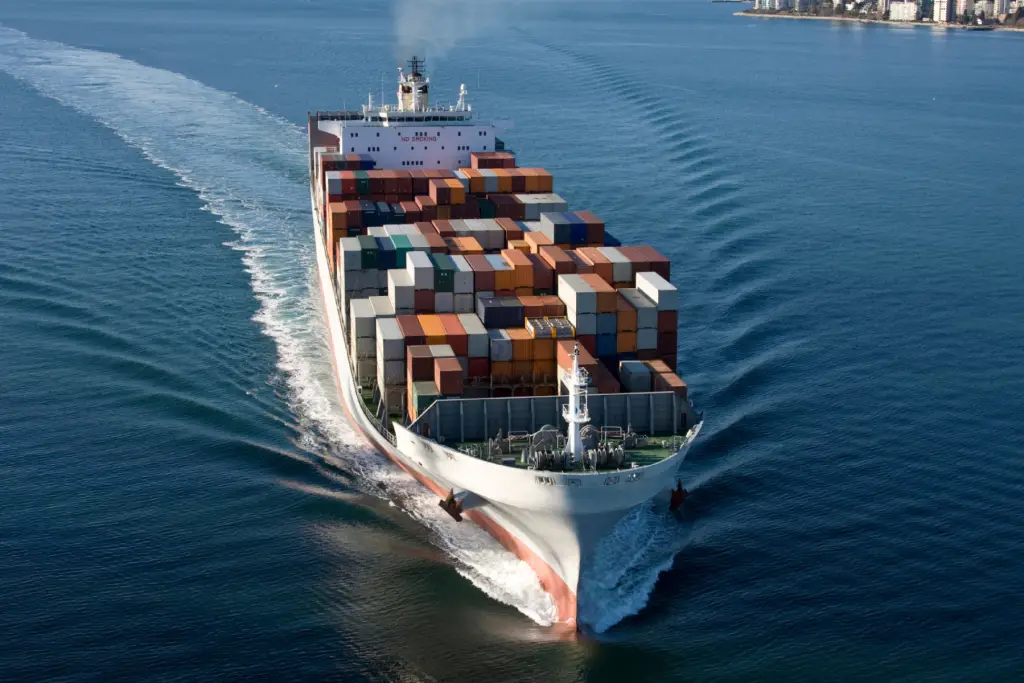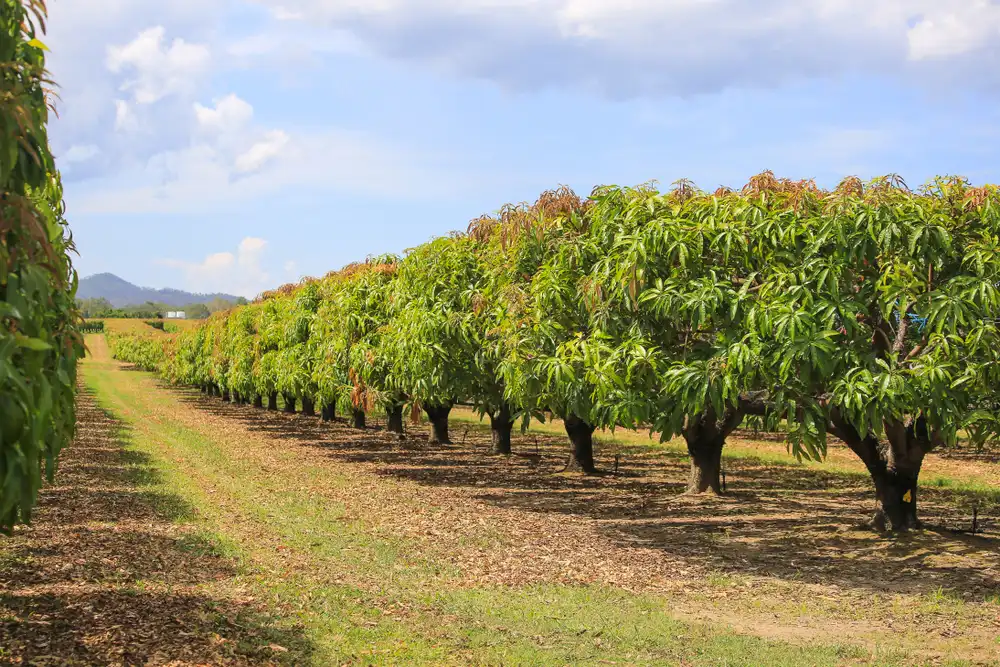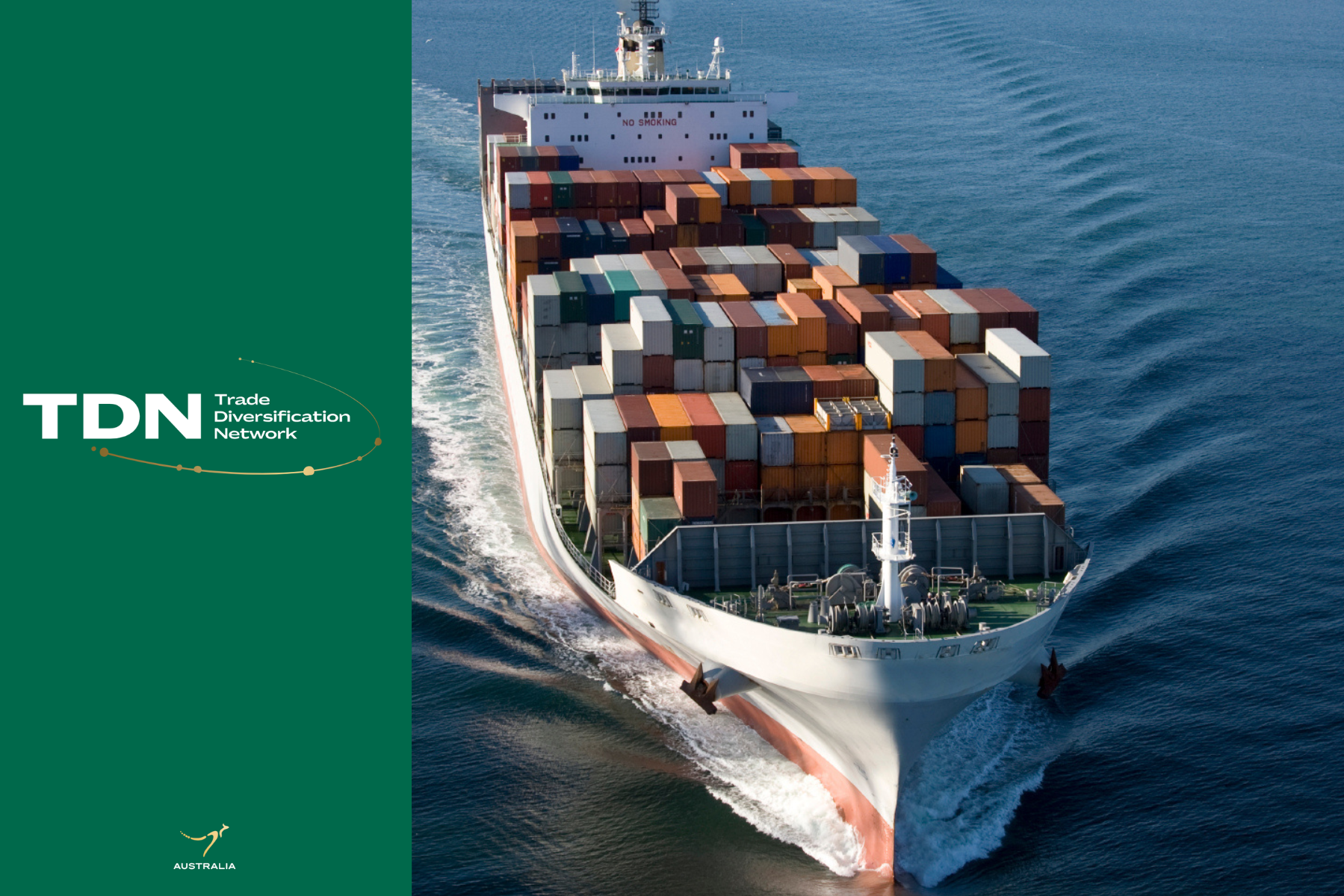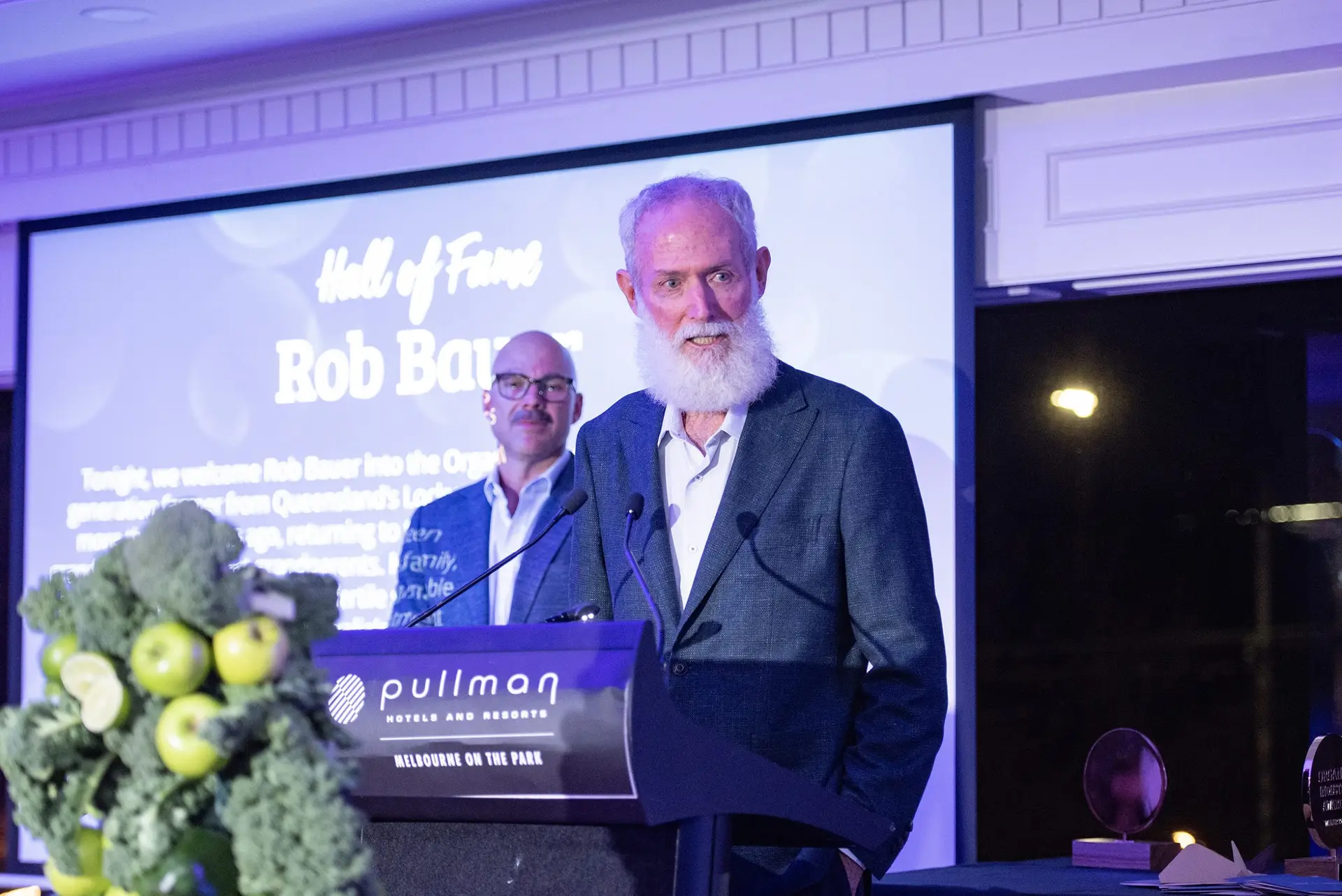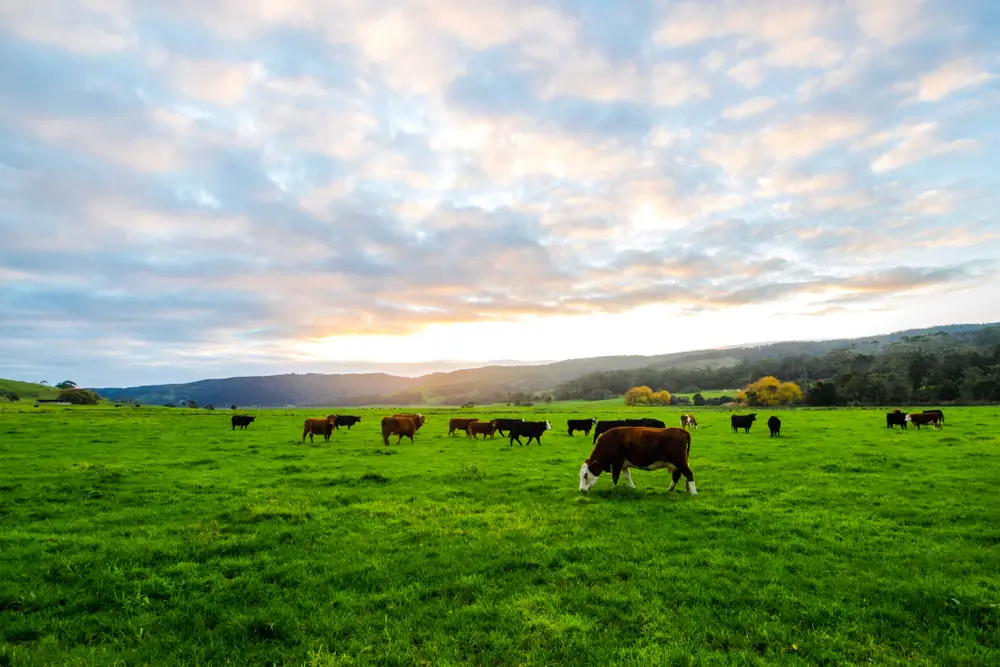The nation’s peak organic industry group, Australian Organic Limited (AOL), has expressed its disappointment with the latest round of tariffs imposed by US President, Donald Trump, but says there are two moves the Australian government could make to ease the burden on Australian producers.
AOL CEO, Jackie Brian, said the United States was the number one destination for Australian organic exporters so the announcement of an across-the-board tariff of 10 per cent came as a blow.
“The United States is our sector’s largest export market and has been a valuable trade partner across a range of industries including meat, dairy, fruit, nuts, alcohol and wine grapes so the imposition of tariffs on all of these goods will have an impact,” Ms Brian said.
“There is also going to be a complex chain reaction of indirect impacts given how this tariff may affect demand from countries who purchase raw Australian products to process and sell into the US.”
Showing the need for domestic regulation
Ms Brian said Australian producers were already grappling with a barrier to exporting to the United States, in the form of additional certification requirements.
“The United States does not recognise Australia’s export standard for organic goods so Australian producers have to go to the extra expense of attaining US certification,” Ms Brian said.
“If the Australian government legislated a definition of the word ‘organic’, like every other country in the OECD has done, it would allow trade officials to seek equivalency with the US system. It would save Australian producers who export to the US thousands of dollars a year.”
Opening new markets
Ms Brian said with other nations in the Southeast Asian region hit by even higher tariffs, the time was right to develop relationships and open pathways to new markets.
“Fortunately, the government already has the recommendations from a parliamentary report, Trading North, issued late last year on how we can increase exports to the rapidly growing markets of Southeast Asia,” Ms Brian said.
The report recommended a dedicated organic trade official be appointed to help operators navigate the complex requirements of various Southeast Asian jurisdictions, while updating the Manual of Importing Country Requirements (MICOR) and Austrade platforms to give better guidance to organic exporters.
“These are simple and cost-effective solutions that could drive exports and help grow the industry even in this increasingly sensitive climate of protectionism,” Ms Brian said.
“We don’t want a tariff tit-for-tat, and we definitely don’t want to see a trade war.
“Australian producers are some of the most efficient and competitive in the world, so all we need is a level playing field and a system which removes barriers to trade.”
Media enquiries:
Matt Wordsworth – [email protected] – 0404 029 241
Kate Scott – [email protected] – 0438 389 092
